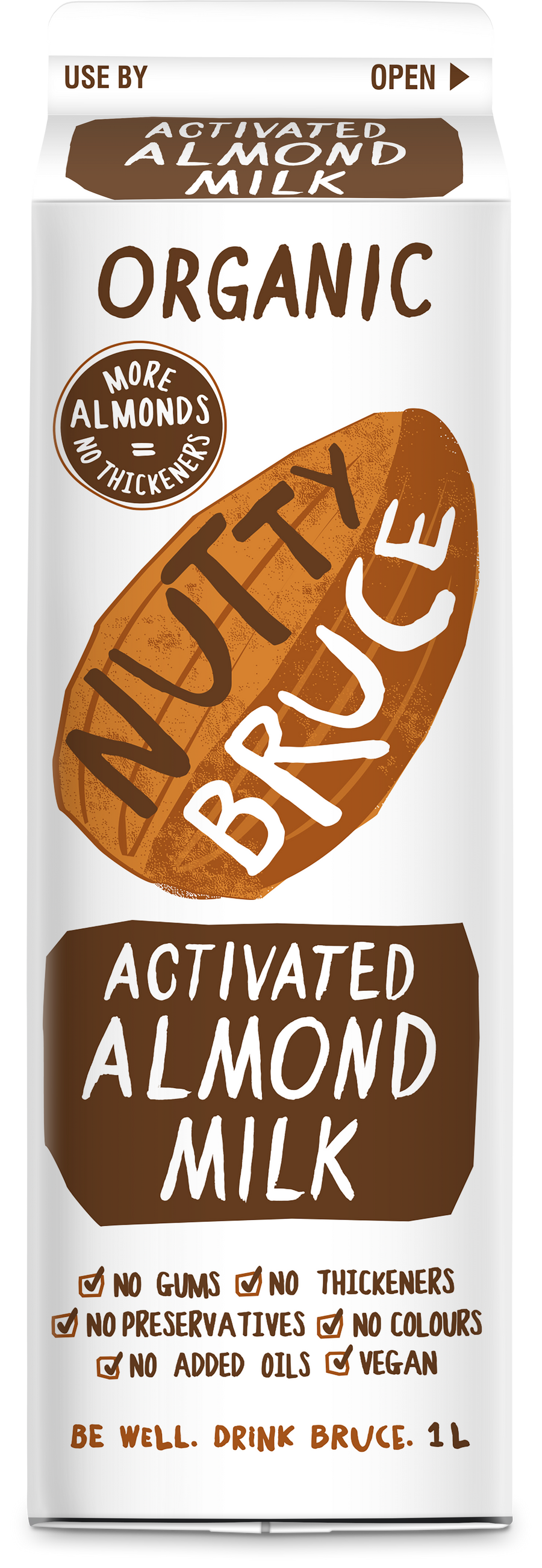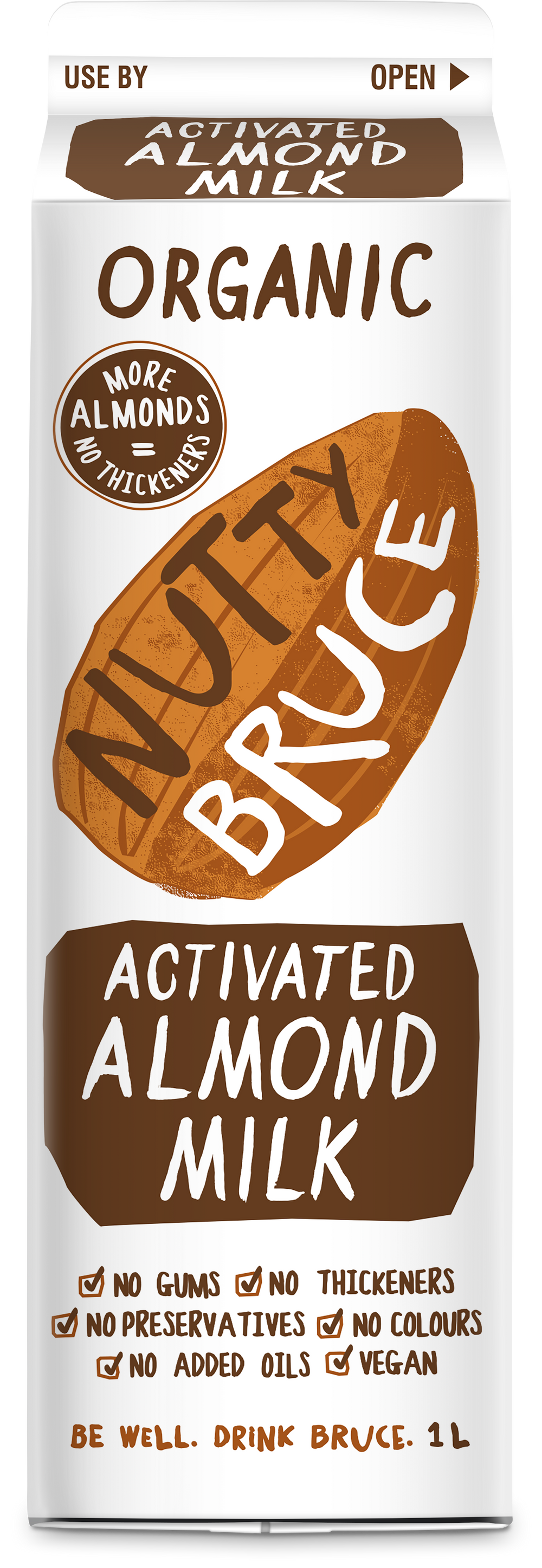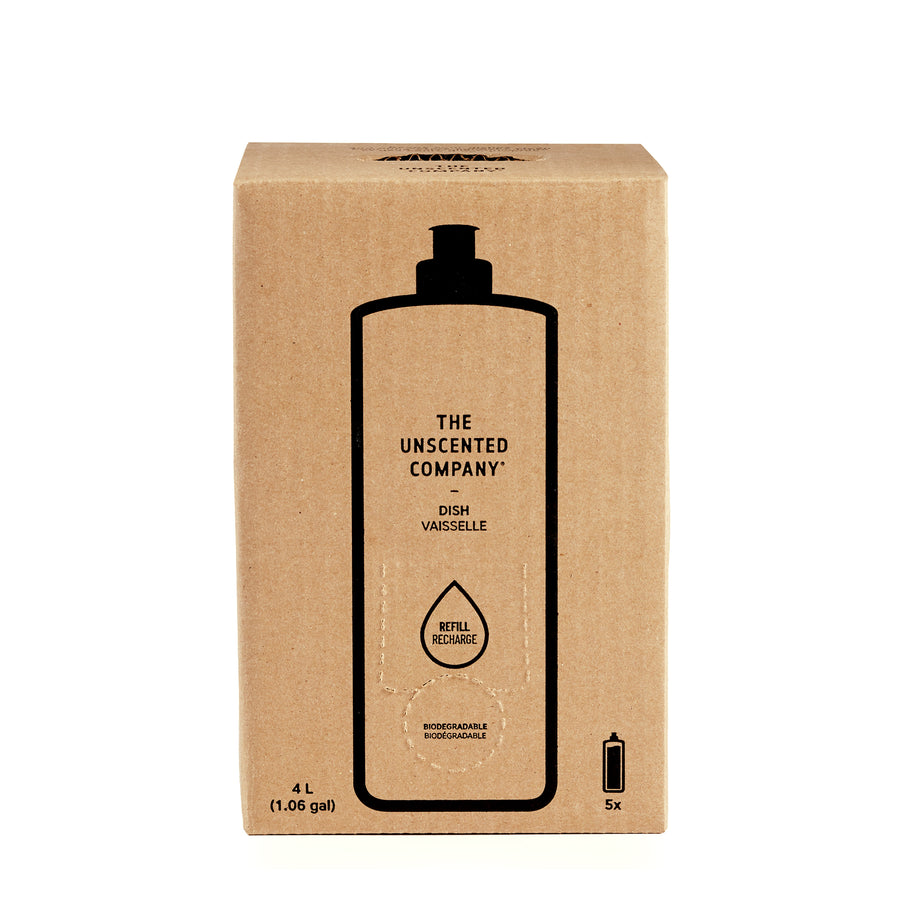SLOWOOD's Guide to Your Plant Based Milk Alternatives
Plant Based Milk
Any plant-based milk alternative is a better option than dairy milk, both for your health and environmental footprint. However, not all milk alternatives are perfect as there are many factors that affect the sustainability of each product. So why do we carry so many different milk alternatives at our store? That is because we understand everyone has different dietary and environmental concerns. Let’s take a quick look at how different milk alternatives differ from each other so that we can all make choices that suit us best.
1. Almonds
You may often hear about almonds’ large water footprint, but the main issue is that they are typically grown in California where water is incredibly scarce. If you opt for almond milk, consider buying almond milk from a brand that doesn’t source their nuts from California.
2. Soy
Protein content is often a concern with plant-based milks, but soy offers a protein content most comparable to dairy. However, the downside to soybeans is that they are often mass produced to feed livestock for meat and dairy production. Additionally, large swaths of rainforest in the Amazon have been burned to make way for soy farms. The alternative is to look for soy milk made from outside of Brazil.
3. Oat
Oat milk tends to be more nutrient-dense than almond but not as nutritious as soy, pea or hemp. Oats are often grown in cooler climates, therefore are not associated with deforestation in developing countries. Additionally, only 50-90% of global oat production goes into animal feed. Therefore there is a large existing acreage that we can safely consume from without having to increase the level of production.
4. Hemp
Throughout history, Hemp has been considered an important crop because of its versatility for food, fiber and medicinal uses. Additionally, hemp is effective for building soil health and doesn’t require many pesticides. The crop is well-known for its environmental benefits and offers a good nutritious base for your milk.
5. Pea
Peas and soybeans share a lot of commonalities as they are both legumes. Pea milk is rich in nutrients, particularly protein, but unlike soybeans they are not genetically modified for herbicide resistance. Additionally, they typically require a lot less water and pesticides than other crops due to the dry, cool climates they are grown in. The flavor may be the least similar to dairy milk as it tends to be grassier than other plant-based milk.














